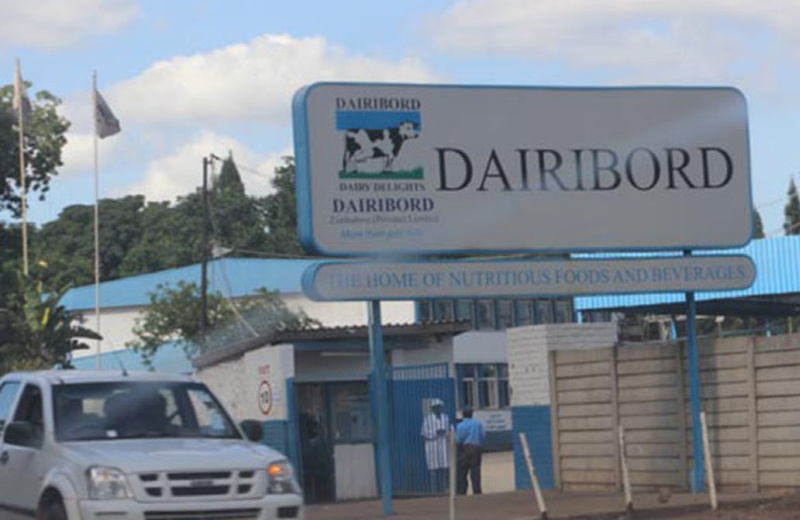Dairibord targets SA market
Dairibord Holdings intends to start exporting to South Africa as it seeks to grow its exports and generate more foreign exchange required for key imported raw materials and equipment.
Group chief executive officer Antony Mandiwanza told an analyst briefing on Wednesday that the group aimed to drive more products to near cash sales as suppliers now demand to be paid in advance when 75 percent of its sales are on credit.
“We want to get in the region through our brands and if we can establish ourselves in the regional markets, the brand story will lead us into making a physical investment decision.
“We have been exporting to Zambia, Mozambique, Botswana, and now we find our presence in South Africa through informal channels, but certainly our presence there gives us an opportunity zone,” he said.
He said demand in South Africa has mainly been a result of informal supply channels; by traders who just buy the products and take them across the border.
However, the Dairibord CEO contends that what is more sustainable is to reorganise the supply channel and have a formal presence in Zimbabwe’s neighbouring country.
“. . . not necessarily building structures in South Africa, but signing up distributorship so that we formalise our route into South Africa in preparation for the Africa Free Trade Area,” Mr Mandiwanza said.
He said that the group had not yet signed up any specific distributor to export its products to South Africa, but stressed the fact that the potential was there.
“Our team led by Trymore Chikomo was in South Africa at the beginning of the year talking to potential distributors, some who are very promising and exciting,” he said.
During the year ended December 31, 2021, the group’s sales volumes grew 48 percent, which the firm described as the best in the last five years. Of the total volumes, 20 percentwereexports.
He indicated that products currently in demand in the South African market were Pfuko Maheu, Cascade and Steri-milk.
Mr Mandiwanza said the company’s revenue for the year at $10,63 billion grew by 190 percent on the back of significant volume growth and moderate price adjustments.
Raw milk utilised in its operations grew a marginal 1 percent to 27,488 million litres while sales grew 48 percent to 94,185 million litres. “Some of our key volume drivers, Pfuko, Cascade, we experienced supply bottlenecks and therefore the capacity was constrained, we would have done more.”
Mr Mandiwanza said the profit margin was constrained during the year because of the costs issues and on foreign currency, the group harnessed the nostro transactions, exports and the auction system.-The Herald











